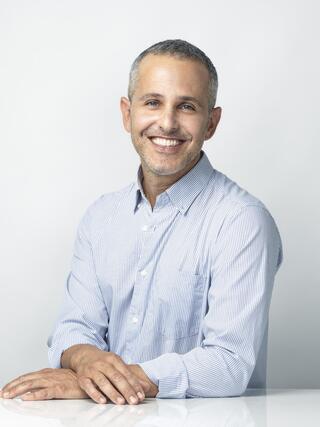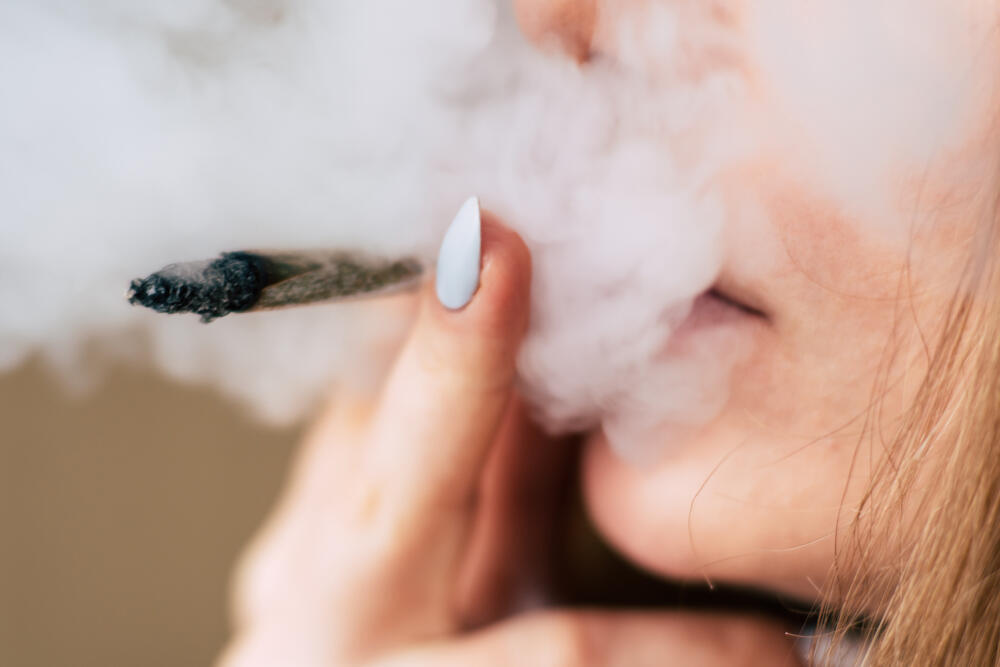Getting your Trinity Audio player ready...
Cannabis remains a substance of fervent debate. Advocates praise it as a "miracle substance," while critics warn of its dangers. The truth likely lies somewhere in between. For an elderly cancer patient, cannabis may provide relief from severe nausea, while for a young girl using it recreationally, it presents a different reality.
What does science say about the medical use of cannabis? Surprisingly, not as much as one might think. According to the American National Institutes of Health, scientific evidence supports the efficacy of cannabis in only a few specific cases.
In terms of chronic pain, the data indicates "moderate benefits." Regarding PTSD, there is "not enough solid information to determine if it helps or causes harm." This uncertainty extends to other conditions like irritable bowel syndrome and glaucoma.
Dr. Aviva Wolf, a psychiatrist who leads the dual diagnosis department in Lev HaSharon and serves as a senior doctor at the Mentalix Institute, emphasized the misconceptions about cannabis.
"One of the most common misconceptions is that cannabis does not cause addiction. Nothing could be further from the truth," she said. "Regular use can lead to Cannabis Use Disorder, characterized by a constant craving for the substance and withdrawal symptoms if stopped.
"There's more information about the dangers than benefits. People are often surprised when I tell them how little solid scientific information there is about cannabis. Research must be conducted under controlled conditions against a control group to provide solid conclusions about the substance. Unfortunately, today there's much more information about the dangers of cannabis, especially in the mental health field, than about its benefits."
Cannabis use can lead to addiction, Dr. Wolf noted. "Studies indicate that about nine percent of people who try cannabis will become addicted, and this rate rises to 17% among those who start using it during adolescence," she said.
The impact of cannabis on the developing brain is particularly concerning. Adolescence is a critical period for brain development, and cannabis use likely interferes with this process. THC, the psychoactive component of cannabis, affects the brain's reward system and can lead to long-term cognitive deficits. Cannabis use in youth has been linked to mental health issues such as anxiety, depression and an increased risk of psychosis.
"There is a consensus among researchers in the field," said Dr. Ophir Livneh, a psychiatrist researching cannabis at Columbia University in New York and a senior doctor at Mentalix. "The developing brain is more sensitive to the neurotoxic effects of THC, making young users particularly vulnerable to its negative effects."
Dr. Livneh also pointed out changes in cannabis over time. "Today's cannabis has a much higher concentration of THC than in the past, and consumption methods have become more diverse," he said. "For example, vaping delivers a lot of substance to the brain quickly and intensely, especially with products with increased concentration."
 Dr. Oren TenePhoto: Tal Givoni
Dr. Oren TenePhoto: Tal GivoniHe urged caution among parents of teenagers. "Keep this substance as far away from their reach as possible and try to delay the start of use as much as you can."
While cannabis, like other natural plant substances, has a place in modern medicine, the enthusiasm around it often attributes properties beyond the proven and downplays potential dangers. More research, conducted under controlled conditions and in large populations, is necessary to understand more about the substance. "I definitely see a lot of harm caused by cannabis," concluded Dr. Wolf. "Therefore, I tell everyone who wants to listen - respect it and be wary of it."
- Dr. Tene is a psychiatrist and director of the ambulatory department for mental health at the Tel Aviv Sourasky Medical Center.



